A Zimbabwean mother, Getrude Mucheri, braved miles of rain-soaked roads to have her expired contraceptive implant removed and receive a Depo-Provera shot.
But when the 35-year-old arrived at Chitakatira Health Clinic, just outside Mutare, she was met with disappointment—supplies had run out.
“I am stressed. I don’t have money to buy birth control pills,” said Mucheri, an unemployed mother of four who depends on free family planning services. “I can’t have more children. I’m already struggling to feed the ones I have.”
She is one of millions of women worldwide left in limbo as global aid programs reel from funding cuts, worsened by U.S. President Donald Trump’s decision to slash support for USAID, a key donor to contraceptive access.
Funding cuts threaten contraceptive access
Lydia Zigomo, regional director for the United Nations Population Fund, or UNFPA, said the cuts would have “severe consequences,” with hundreds of thousands in East and Southern Africa losing access to contraception.
“Many countries in the region are expected to run out of contraceptives and life-saving maternal medicines within the next three to six months,” Zigomo said in an email.
“Given that countries like South Sudan, the Democratic Republic of Congo and Madagascar already have high maternal mortality rates, the withdrawal of funding will have catastrophic consequences,” she said.
The immediate loss of U.S. funding for UNFPA in the Democratic Republic of Congo, South Sudan and Ethiopia totaled about $4 million, she said, noting that many local health providers had also lost U.S. funding.
“With the U.S. freeze, the entire ecosystem for improving sexual, reproductive, maternal, neonatal, child and adolescent health has been compromised.”
Violence against women, maternal mortality and unplanned pregnancies would all rise, while menstrual hygiene and pregnancy-related care would suffer, she added.
Longer term, there will be more sexually transmitted infections and unsafe abortions. Child marriage and teen pregnancies could also increase as families fall into poverty.
There will also be major disruptions in the supply chain for contraceptives and reproductive health medicines, Zigomo said.
Unsafe pregnancies and rising risks
Pester Siraha, country director at Population Services Zimbabwe, an affiliate of MSI Reproductive Choices, said the USAID cuts violate women’s rights.
“This is a cruel decision,” she said.
“The sudden suspension created a lot of chaos and uncertainty. Sudden stoppage of services without notice is not ethically right.”
In 2024, USAID provided up to $360 million for health and agriculture programs in Zimbabwe, whose government has underfunded health care for decades.
Each year, the health budget falls far short of the target set in the 2001 Abuja Declaration, in which African Union governments committed to spending at least 15% of national budgets on health services.
Zimbabwe’s Deputy Health Minister Sleiman Kwidini said the government had been purchasing its own family planning supplies through the National Pharmaceutical Co., a government agency, with funding from donors.
“We have enough supplies and stock to provide family planning services around the country,” he told the Thomson Reuters Foundation, without providing further details.
Siraha said more than half of all funding for sexual and reproductive health services in Zimbabwe came from USAID, so the cuts would inevitably lead to more unplanned pregnancies.
“This leads to unsafe abortions and maternal mortality. Teenage pregnancies lead to school dropouts and worsen the high percentage of teenagers dying during delivery,” she said.
In January, Trump also recommitted to two international anti-abortion pacts, cutting all U.S. family planning funds for foreign organizations that provide or promote abortions.
Jobs lost
The fallout from the aid cuts is already rippling through Zimbabwe. Thousands of health workers were told via WhatsApp to vacate work premises in late January after Trump’s executive orders took effect, according to some of those affected.
A 29-year-old single mother of two, who did not want to give her name for fear of reprisals, said on the eve of Jan. 28 she was told not to report for work the following day at a USAID-funded nonprofit providing sexual health services to young girls in Gokwe, in Midlands Province.
“I signed for unpaid leave. The last salary and savings are what I am using for all expenses and upkeep of my family,” she said.
“I am trying to find ways to get income. I am buying and selling clothes and food, but it is not yielding much.”
Ekenia Chifamba, director of Shamwari Yemwanasikana, a community-based organization that promotes girls’ rights, said the cuts were “unbearable” as they affected whole families.
“It is quite devastating and disturbing,” she said.
Zigomo said UNFPA was seeking alternative funding, engaging with national governments, appealing to other donors and tapping the private sector and philanthropic organizations.
It is also trying to mobilize civil society and grassroots organizations to push for local solutions and funding.
“Despite these efforts, it appears highly unlikely that most East and Southern African countries will mobilize resources to fill in the gaps … in the short term,” she said.
“There remains an urgent need for sustainable and predictable funding to prevent a devastating rollback in progress on women’s health and rights.”

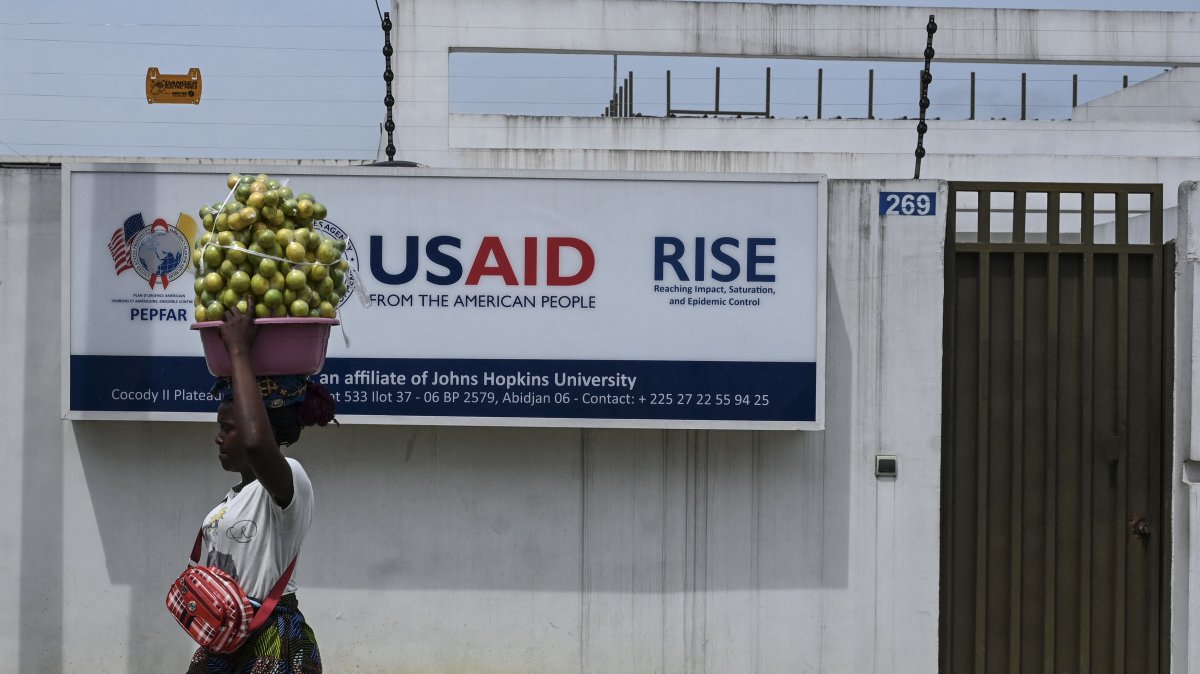


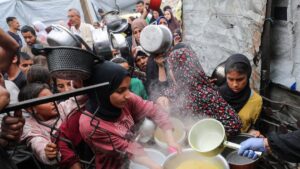

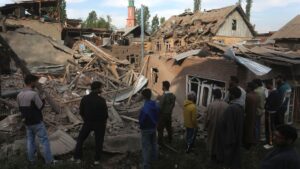
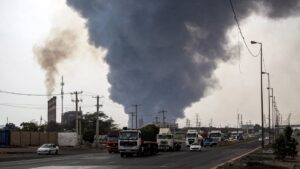





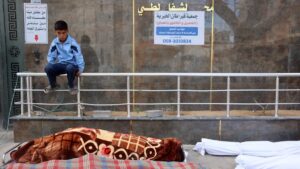

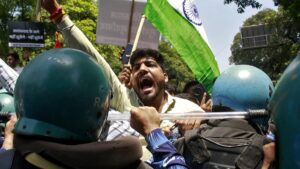





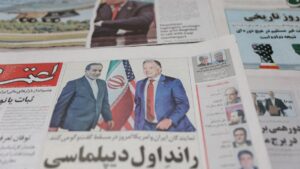
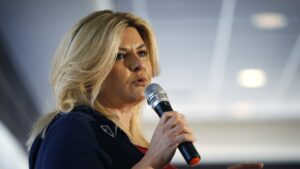
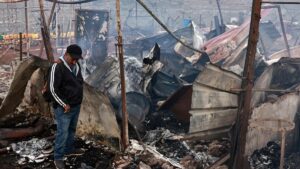
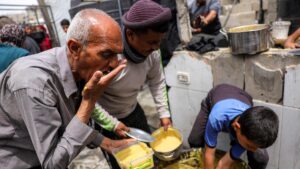
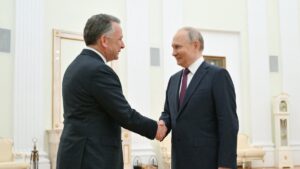

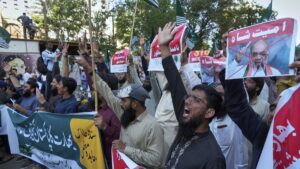
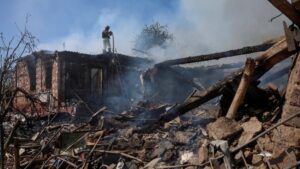

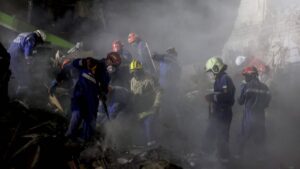


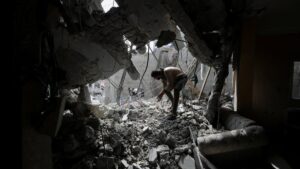

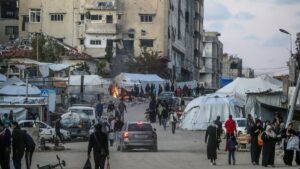



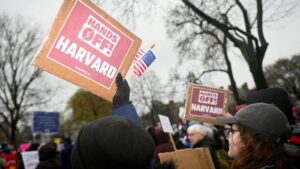
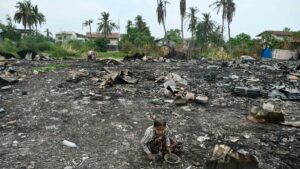



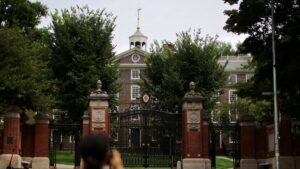

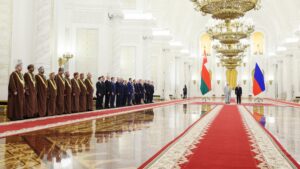
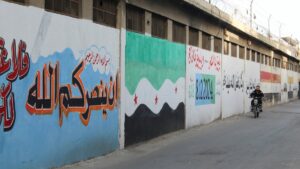

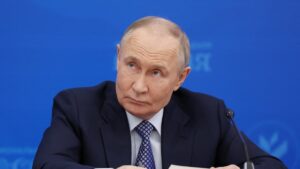


Be First to Comment